A keynote speech by Ken Sakamura, TRON Project Leader, other sessions which provide the latest information and tutorials will be scheduled during the exhibition.
The schedule for speeches and sessions are as follows.
Participation in speeches and sessions is free.
However, seat reservation is required. (*)If you already have a visitor ID, press "Reserve a seat" button for each speech and session which you plan to attend.
If you do not have a visitor ID yet, register your profile on the Pre-registration page.
The schedule for speeches/sessions is subject to change without notice.
† "Pre-registration" is required for seat reservation.
† Standing room is not permitted. All sessions will be broadcast online. Pre-registrants can access the broadcast.
Wednesday, December 08
Takeyuki Watanabe (State Minister of Land, Infrastructure, Transport and Tourism)
Kazuchika Iwata (Parliamentary Vice-Minister of Economy, Trade and Industry)
Yutaka Ukegawa (NEC Corporation)
Kunimasa Suzuki (President of Intel K.K.) →Profile
† Simultaneous translation available
If you would like to attend the Opening Session, please make a reservation for the "Keynote Speech" that follows the opening session. You can attend both the Opening Session and Keynote Speech.
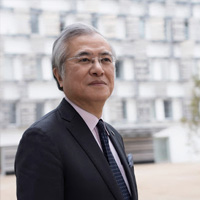
Ken Sakamura
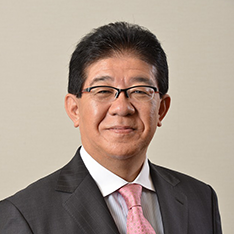
Yasushi Kaneko
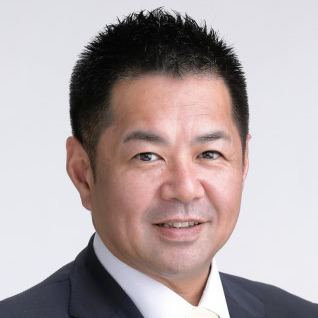
Takeyuki Watanabe
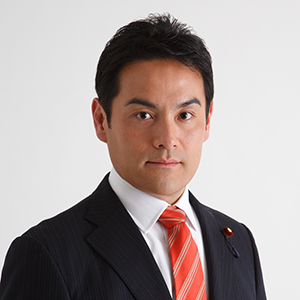
Kazuchika Iwata
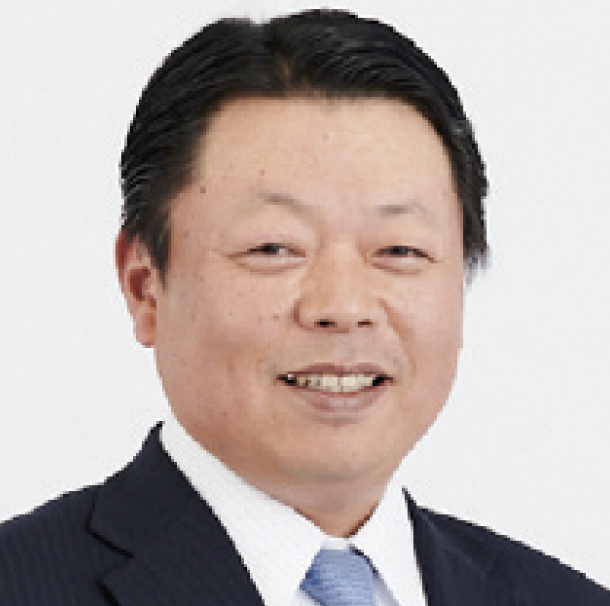
Yutaka Ukegawa
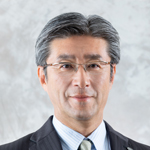
Kunimasa Suzuki
Wednesday, December 08
Ken Sakamura, TRON Project leader gives a talk on the activities of the project in 2021 such as open API collaboration architecture (IoT-Aggregator), open data, the IoT, embedded system, ubiquitous ID and fostering of human resources, the results from many subprojects, and the outlook on "Rebooting" of the society in the age of New Normal.
† Simultaneous translation available
Reservation FullThis session is full. You can not stand inside the session venue (theater).
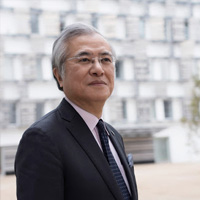
Ken Sakamura
Wednesday, December 08
Yutaka Ukegawa (NEC Corporation)
Kenzaburo Tamaru (Microsoft Japan Co., Ltd.)
† Simultaneous translation available
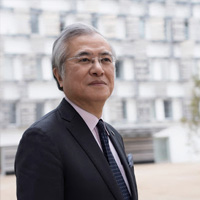
Ken Sakamura
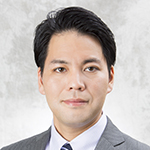
Makoto Ohno
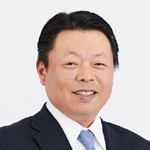
Yutaka Ukegawa
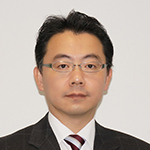
Kenzaburo Tamaru
Wednesday, December 08
Katsuhiko Kita (Councillor of the cabinet Office for Promotion of Regional Revitalization)
† Simultaneous translation available
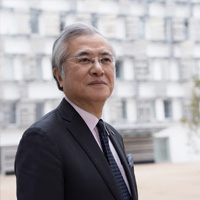
Ken Sakamura
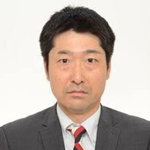
Katsuhiko Kita
Thursday, December 09
Takeshi Yashiro (Associate Professor of INIAD, Toyo University)
Satoshi Asano (Assistant Professor of INIAD, Toyo University)
† Simultaneous translation available
Only a few seats left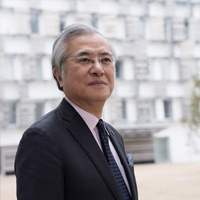
Ken Sakamura
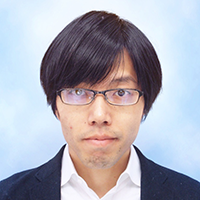
Masahiro Bessho
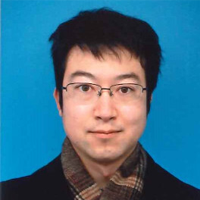
Takeshi Yashiro
Thursday, December 09
Mitsunori Ogami (Urban Renaissance Agency)
Takehisa Yonezawa (Urban Renaissance Agency)
† Simultaneous translation available
Only a few seats left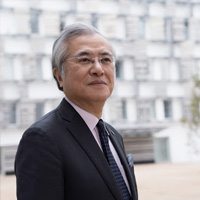
Ken Sakamura
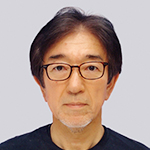
Mitsunori Ogami
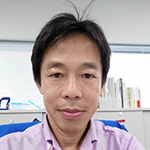
Takehisa Yonezawa
Thursday, December 09
Yoshiaki Yamagishi (Senior General Manager, Business Planning Department, Business Architecture Center, DX Design Division, TOPPAN INC.)
Tetsushi Watanabe (CTO, MaaS Tech Japan K.K.)
and more
† Simultaneous translation available
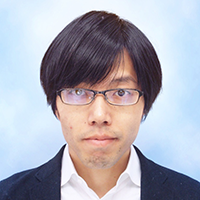
Masahiro Bessho
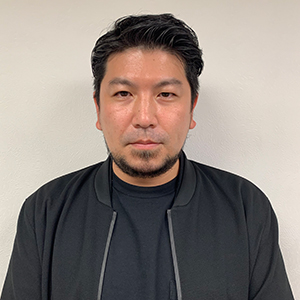
Yuta Saito
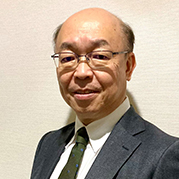
Yoshiaki Yamagishi
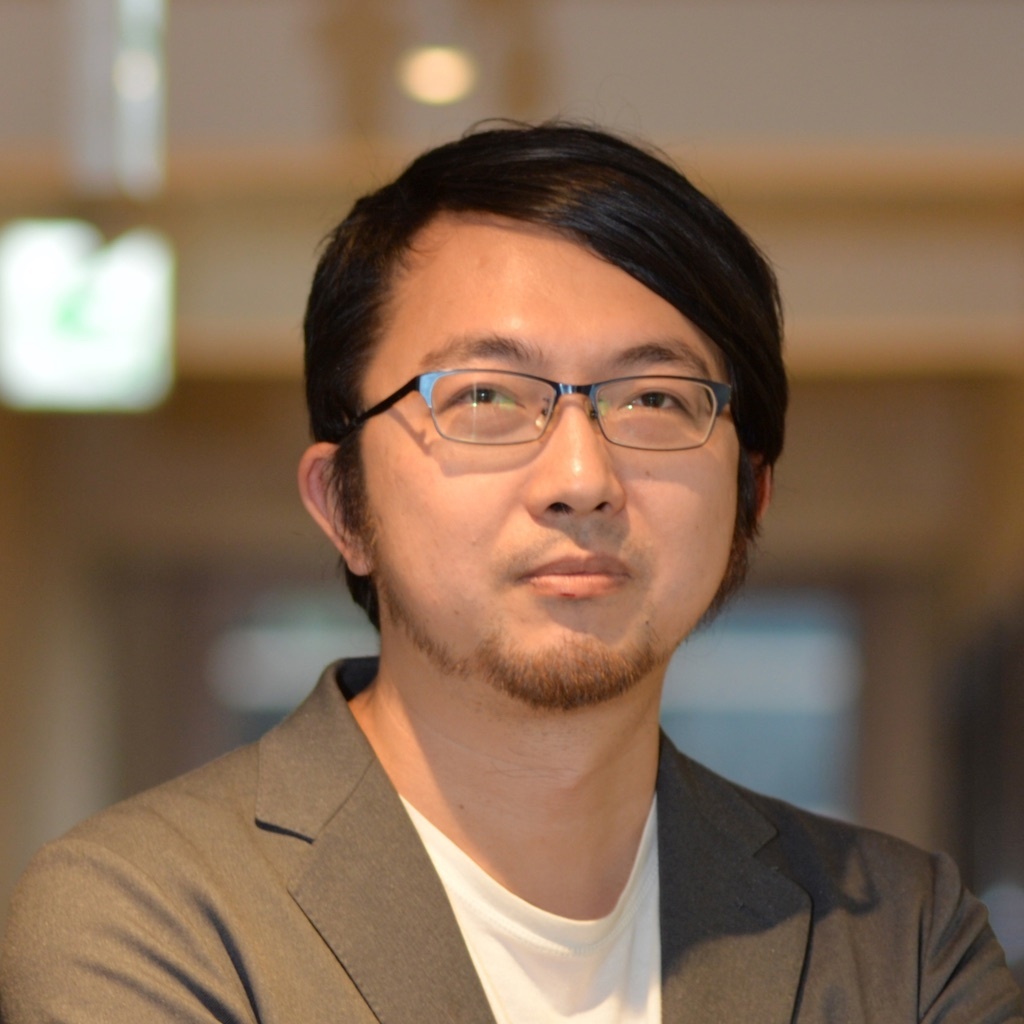
Tetsushi Watanabe
Thursday, December 09
Daisuke Osahara (Intel K.K.)
Miki Endo (Intel K.K.)
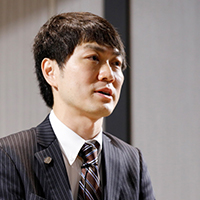
Hiroshi Ouchiyama

Daisuke Osahara
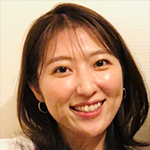
Miki Endo
Thursday, December 09
Shingo Akiyoshi (CEO, QuantumCore, Inc.)
Ken Matsui (CEO, ugo Inc.)
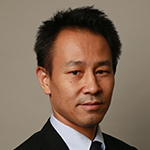
Takashi Goto
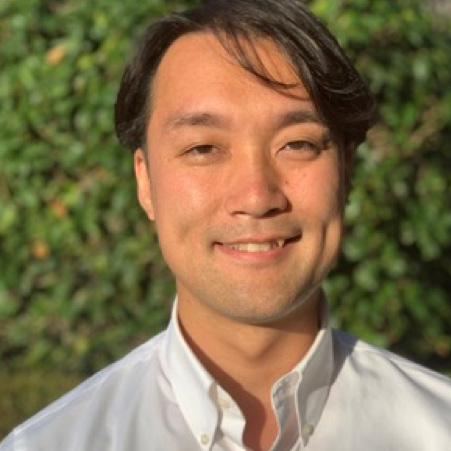
Shingo Akiyoshi
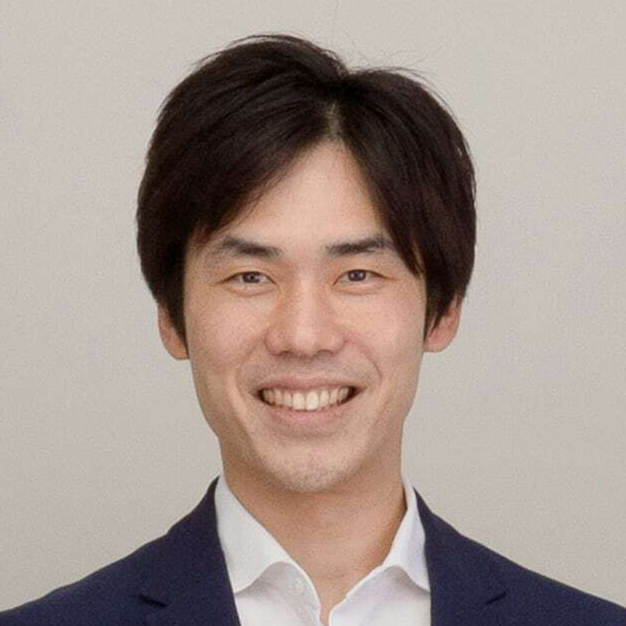
Ken Matsui
Thursday, December 09
Tatsushi Morokuma (Ubiquitous Computing Technology Corporation)
and more
† Simultaneous translation available
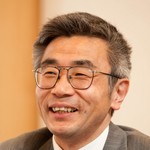
Akira Matsui
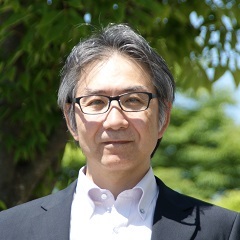
Takeshi Hayakawa
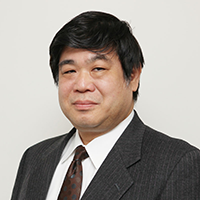
Tatsushi Morokuma
Thursday, December 09
Muhammad Furqon (Sepuluh Nopember Institute of Technology Surabaya, Indonesia); Supeno Mardi Susiki Nugroho (Sepuluh Nopember Institute Of Technology, Indonesia); Reza Fuad Rachmadi (Institut Teknologi Sepuluh Nopember, Indonesia); Arief Kurniawan (Institut Teknologi Sepuluh Nopember, Indonesia); I Ketut Eddy Purnama (Institut Teknologi Sepuluh Nopember, Indonesia); Mpu Aji (Sepuluh Nopember Institute of Technology Surabaya, Indonesia)
Abstract: Cardiovascular disease is part of global death's main cause. It is the term for all types of diseases that affect the heart or blood vessels. Heart Disease is a type of cardiovascular disease. It's can detect early by examining the arrhythmia presence. Arrhythmia is an abnormal heart rhythm which commonly diagnoses and evaluate by analyzing an electrocardiogram (ECG) signal. In classical techniques, a cardiologist/ clinician used an ECG to monitor the patient's heart rate and rhythm and read the patient's activity journal to diagnose arrhythmias and to develop appropriate treatment plans. The use of an ECG, on the other hand, takes time and effort. The development of arrhythmias diagnoses, toward computational processes, such as detecting and classifying using machine learning and deep learning. A convolutional neural network (CNN) is a popular method used to classify arrhythmia. Dataset pre-processing was also considered to achieve the best performance models. Our study used the EfficientNet-V2 which is a type of convolutional neural network to perform the classification of five arrhythmias. In pre-processing, the ECG signal was cut each 1 second (360 data), augmentation is applied to balance the variation of the dataset, and Continues Wavelet Transform (CWT) is employed to transform the ECG signal into a scalogram. The dataset is then distributed with a modulus algorithm to get variety in each set of datasets. The color map is applied to convert scalograms into RGB images. By this scheme, our study achieved superior accuracy than the existing method, with an accuracy rate of 99.97%.
01:55 pm: Harnessing IoT Technology for the Development of Wearable Contact Tracing Solutions
Rex Acharya (Sam Houston State University, USA); Amar A Rasheed (Sam Houston State University, USA); Hacer Varol (Stephen F. Austin State University, USA); Mohamed Baza (College of Charleston, USA); Louanne Mozer Sallo (Sam Houston State University, USA); Rabi Mahapatr (Texas A&M University, USA)
Abstract: Advancements in mobile computing and embedded system technologies show superiority in controlling the transmission of a virus during the COVID-19 pandemic. They provide rapid contact data compared to manual contact tracing and medical monitoring methodologies. Data tracing capabilities were achieved by existing technologies via the utilization of smartphone-based exposure notifications systems and proximity sensing tools based on Bluetooth/GPS. Such systems lack user privacy and data anonymization capabilities, it also requires that users have continuous access to smartphones. This paper proposes the development of a lightweight wearable prototype for contact tracing. The proposed system is based on the deployment of an IoT development board, incorporated with a Bluetooth chipset for proximity sensing. To overcome the problem of user-to-smartphone accessibility, the processing of contact data by the exposure notification system has been migrated from mobile computing to a contact tracer management server that is managed by the community. Daily contact exposures to the virus are recorded by each user's contact tracing system and stored in the user's blockchain. Data integrity and immunity against data injection attacks were achieved via the implementation of lightweight block chaining and validation schemes. Data anonymization was also supported via the utilization of the onboard AES crypto engine. Meanwhile, support for user anonymity was incorporated into the proposed system through the implementation of an anonymous authentication protocol based on the Zero-Knowledge Proof (ZKP) approach. Finally, we have analyzed the performance of the system in terms of power consumption under various systems settings, such as encryption key size and the required number of ZKP validation attempts per authentication session.
→Proceedings Available (one in zipped archive, the other is concatenated PDF)
How to participate: Those who wish to participate in the paper presentation session, please contact
 with your name and e-mail address with the subject line that contains ‘attend’ without quotes.
with your name and e-mail address with the subject line that contains ‘attend’ without quotes.The application will be accepted until 10:30 December 9th.
Details about teleconferencing software and URL will be sent to the e-mail address.
Authors of two papers
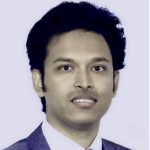
Fahim Khan
Friday, December 10
Manabu Miyasaka (Vice Governor, Tokyo Metropolitan Government)
Yasuhiro Kushida (Deputy Vice-Minister for Cyber Security and Information, Ministry of Land, Infrastructure, Transport and Tourism)
Prize winners
† Simultaneous translation available
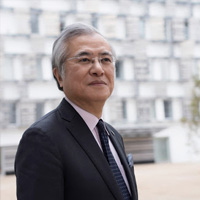
Ken Sakamura
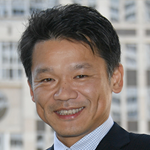
Manabu Miyasaka
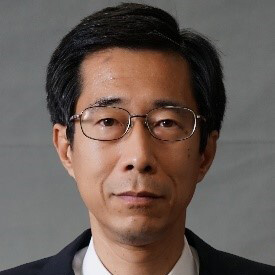
Yasuhiro Kushida
Friday, December 10
Osamu Nishimura (Excuteive Officer / Division Director, New Geospatial Information Division, PASCO CORPORATION)
Seiya Hasegawa (Doctor of Engneering, Senior Manager, Business Development Department, SECOM CO., LTD.)
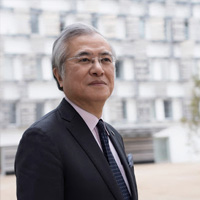
Ken Sakamura
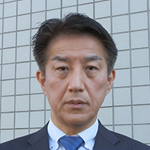
Shirohisa Furuta
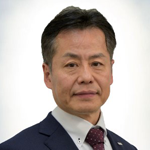
Osamu Nishimura
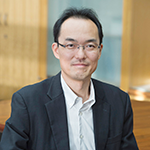
Seiya Hasegawa
Friday, December 10
Koji Minegishi (Manager, Ubiquitous Solutions Division, Ubiquitous Computing Technology Corporation)
† Simultaneous translation available
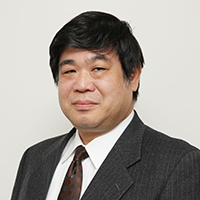
Tatsushi Morokuma
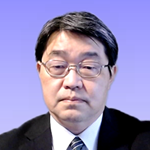
Koki Asari
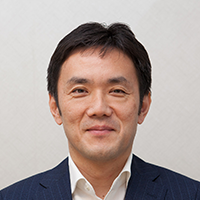
Koji Minegishi
Friday, December 10
† Following this session, Toshiba Device Solution Technology Session: Semiconductor Industry in the New Normal Age—Its Approach and Application of TRON Technologies will be held.
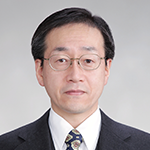
Hiroki Hihara
Friday, December 10
† This session will be conducted following the NEC Technology Session: TRON Technologies that Support the Space Sector as Social Infrastructure.
Friday, December 10
Masaaki Kishi (Ministry of the Environment)
Kenji Eda (Raul Inc.)
Reika Hasegawa (Social Science Analyst)
Yusuke Nomura (Microtech Laboratory Inc.)
Hiroaki Toyama (SORD CORPORATION)
Nobushige Hirosato (SORD CORPORATION)
and more
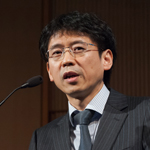
Yutaka Tamanoi
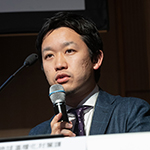
Masaaki Kishi
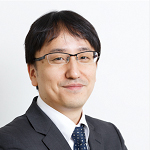
Kenji Eda
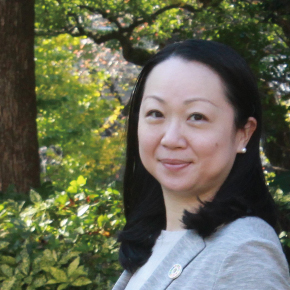
Reika Hasegawa
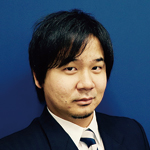
Yusuke Nomura
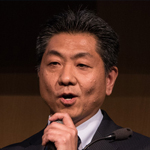
Hiroaki Toyama
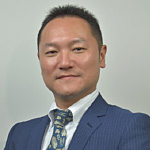
Nobushige Hirosato